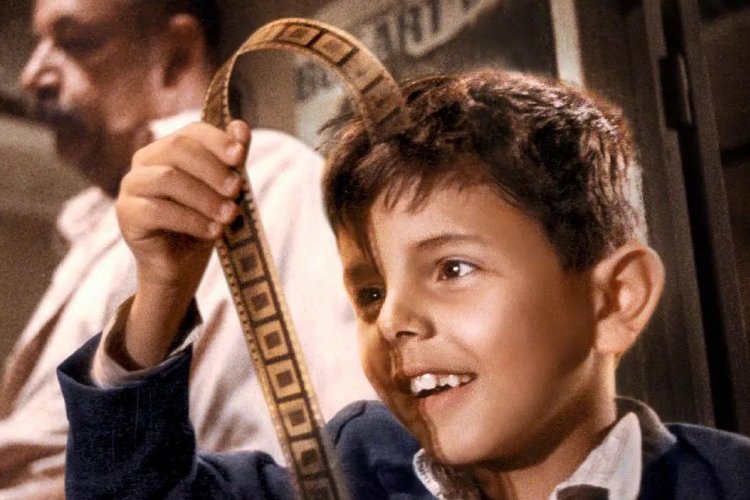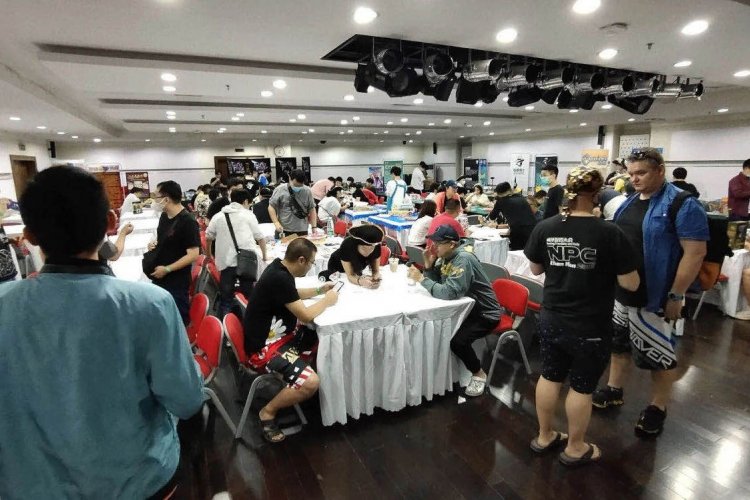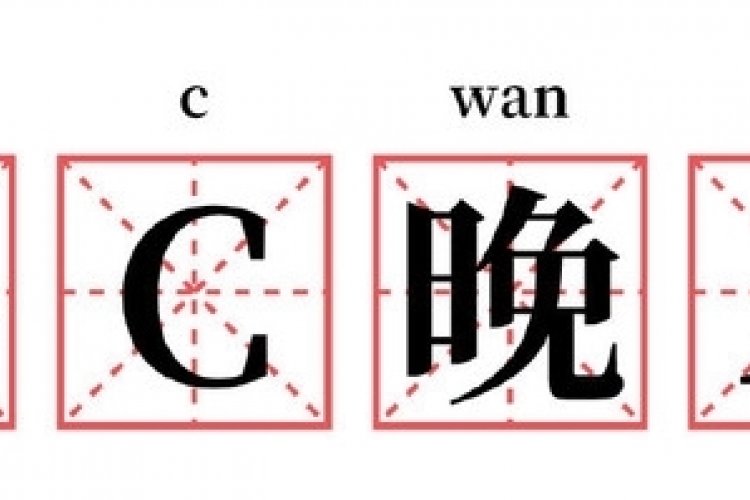PG-30: Must Protecting Minors Always Affect the Adults in the Room?
你相信光么 Do you believe in the light?

For those of us who were born in the '90s and lucky enough to watch TV during those formative years, this slogan may conjure up dusty memories. That is, of a time when Ultraman Tiga prevailed in China. Though the series originated in Japan, it quickly won the hearts of generations of kids around the world, particularly here in China, thanks to the thrilling fights portrayed between Ultraman and his alien monster enemies. The first entries in the Ultra Series premiered in 1966, and the franchise's enduring influence on pop culture continues to this today, with Ultraman even serving as a go-to character for charity events across the country.

Over the 50-year history of the Ultra Series, plenty of Ultramans (Ultramen?) have come and gone, but it is Ultraman Tiga, introduced in 1996 in the show of the same name, who has arguably left the deepest impression on Chinese audiences. Unfortunately, however, on Sep 24, fans of the Ultraman Tiga show were shocked to find that their favorite brave and kindly giant had been removed from multiple streaming platforms along with numerous other cartoons and anime shows. Of course, it wasn't long before #迪迦奥特曼下架# had become the number one trending topic on Weibo.
Confused as they were, some internet sleuths found the origins of the move in a report released by the Jiangsu Consumer Council and subsequently featured in CCTV news programs, and which claimed that some cartoons and anime shows are now threatening the well-being and development of minors. According to the report, 1,465 scenes deemed problematic were spotted in 21 cartoons and anime shows that the council inspected. Nearly half of those scenes entailed violent criminal elements, and more than 100 featured "gloomy, suspenseful, and horrifying" shots. More specifically, researchers accused Ultraman Tiga of depicting non-monster-based fights with weapons. The Jiangsu Consumer Council responded to public complaints claiming that any decision to remove the shows was at the sole discretion of the streaming platform and had nothing to do with them.
That wasn't the end of things, however. On Sep 27, three days after the show was de-platformed, netizens discovered that they could once again stream Ultraman Tiga, but there was a catch: Eagle-eyed fans noticed that quite a few episodes had been retooled and made "more appropriate" for younger viewers.

This recent incident is indicative of a larger trend that has been developing over this past year, which has seen tighter and tighter restrictions levied against the entertainment industry, from the one-hour weekend video game time limit and ID verification system, to the overhaul of idol communities and celebrity culture. All of which is to say that the most recent ripples are not likely to ebb anytime soon. For instance, a few weeks ago several media outlets, including Xinhua, criticized 剧本杀 script kill, a sub-genre of real-life role-playing games trending among China's younger generations, with the suggestion being that these games promote superstitious, gory, and violent themes.
While it is necessary to regulate content produced by the entertainment industry and ensure that young players aren't exposed to explicit content, many netizens are concerned that, despite the government rolling out a video game rating system, the overwhelming mindset appears to be that anime, games, and other entertainment are mostly just for kids, and that it will become increasingly difficult to produce anything rated higher than PG-13. Likewise, for those adults who yearn for some escape from their otherwise monotonous daily routines, the ability to relax and unwind is being rapidly chipped away at in the name of protecting teenagers. At any rate, the conflict between providing the nation's children with a healthy, well-rounded childhood and ensuring a diverse and thriving entertainment industry is far from over. Hopefully, a solution will be found soon that can balance the needs of all sides.
Read: Mandarin Monday: How Chinese is Spoken in the Diagon Hutongs
Images: Chuapp, Xuehua, Gamecores







